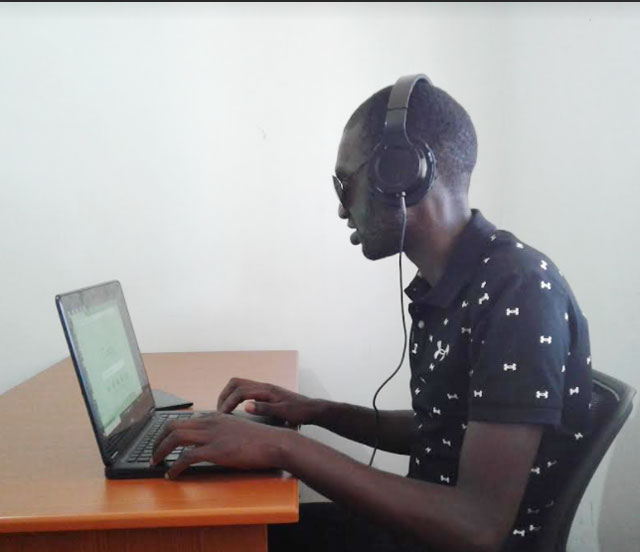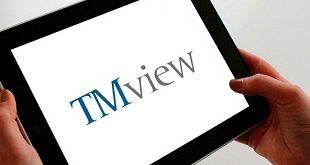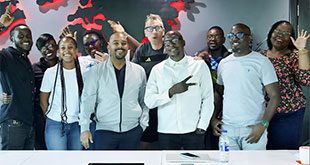
In the second part of this two-part series of Unfair Education and Limited Digital Skills Opportunities to Children with Visual Impairment in Uganda, Caroline Ayugi highlights the dilemma of learners with visual impairment in choosing a career.
Gulu, Uganda | SPECIAL FEATURE | The unfair education and limited digital skills opportunities to learners in Uganda with visual impairment, both at home and school, has dragged for decades. It seems more pronounced with technological development.
Bazil Onen, (27) says because he was born blind, he was denied access to the computer they had at home.
“I had physical access to the computer when I was 12 years old. It was even more frustrating because my father was a mainstream ICT instructor but he didn’t know anything he could do to help me learn how to use it,” says Onen.
Onen started using a computer at 15 when he joined a government-aided school. He says although the school had a big computer laboratory, it was for the sighted students, while the 26 learners with visual impairment, had to fight for one laptop.
“I got booted to leave the computer and go to study. Just realizing that it [computer] can talk and tell me what is on the screen when I press it blew me away and sent me over to the moon. I was so excited,” says Onen.
“The department at the time had about 26 kids and we had one laptop in the department. So, you can imagine the commotion. We could access it in turns. And sometimes it could cause trouble when someone thought you were running into their time. Kids fought over it,” Onen says.
Despite learning how to use the computer, Onen says the national examinations board barred them from sitting for examinations on computer because they were not prepared to examine children with visual impairment.
“Lots of time when people don’t know how to get special needs kids to do something, they issue a policy that exempts them.”
“By the time I was studying [O’ level], people who thought the visually impaired could not use the computer had already issued a policy that the national examinations board was not ready to examine anybody with visual impairment in computer. So, however much I was ready to go for it, however much I felt I could pass it, UNEB said they would not assess me. They wouldn’t prepare my computer exams in braille, and allow me to take it. They just did not have anything to do with it. So, I didn’t take it.”
Onen says although this policy was scrapped in 2012 following their protest, and learners with visual impairment started doing computer studies at O’ level and subsidiary ICT at A level, most Universities don’t allow students with visual impairment to take a computer-related course.
“Still, universities are adamant. You cannot take a computer-related discipline at university. Most of them say, no we don’t know how to teach you. We haven’t had anyone who has visual impairment in our system on ICT or anything like that. This is the next challenge on us; to have universities take students to learn courses that involve computing,” Onen said.
Mathew Awucu, a 24-year-old first-year student at Makerere University, is facing challenges similar to what Onen described.
Awucu says in secondary school he struggled to get notes as he would be stopped from brailling from class because of the sound the machine makes and left some questions unanswered because they had diagrams.
Awucu did science subjects better in primary school and wanted to become a doctor.
But when an eye infection he got in 2014 blinded him, he was forced to study arts subjects, because children with visual impairment aren’t allowed to do sciences.
Even after changing to the arts subjects that he felt he wasn’t good at, Awucu beat all the sighted students at Gulu High School in the 2019 exams to join Makerere University to study Social Works and Social Administration on government sponsorship.
Awucu was trained how to use a computer by a charity organization that also gave him a laptop and an iPhone. But he still has to put an extra effort to show that he can learn using a computer. He says a month after joining the University, the students with visual impairment were told to go back home and study online, because the University doesn’t have any special program for them.
“I wrote a letter to the head of the Department of Social Works, telling him that I have a laptop and to allow me to use it during exams and he accepted. The rest were told to get someone to write the answers examination questions for them.”
He also struggles to use his iPhone, because it cannot read photographs and other notes sent on his WhatsApp in snapshot format, he says. [TO PAGE 2]
 The Independent Uganda: You get the Truth we Pay the Price
The Independent Uganda: You get the Truth we Pay the Price



